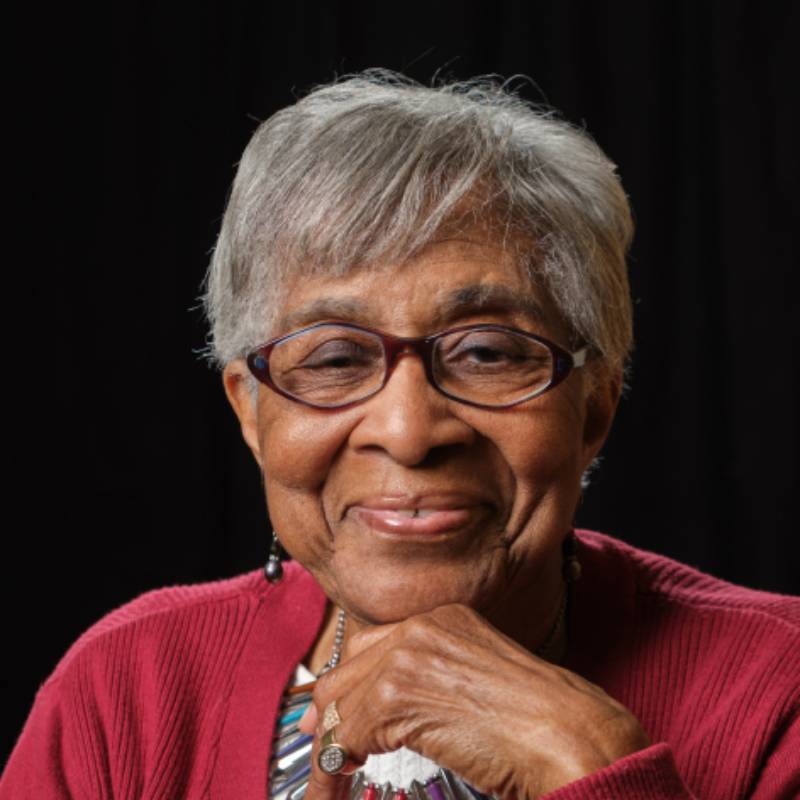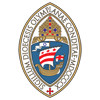Thank you for joining us!
“I am a candidate for the Presidency of the United States. I make that statement proudly, in the full knowledge that, as a black person and as a female person, I do not have a chance of actually gaining that office in this election year. I make that statement seriously, knowing that my candidacy itself can change the face and future of American politics – that it will be important to the needs and hopes of every one of you – even though, in the conventional sense, I will not win.“
Shirley Chisholm, June 4, 1972
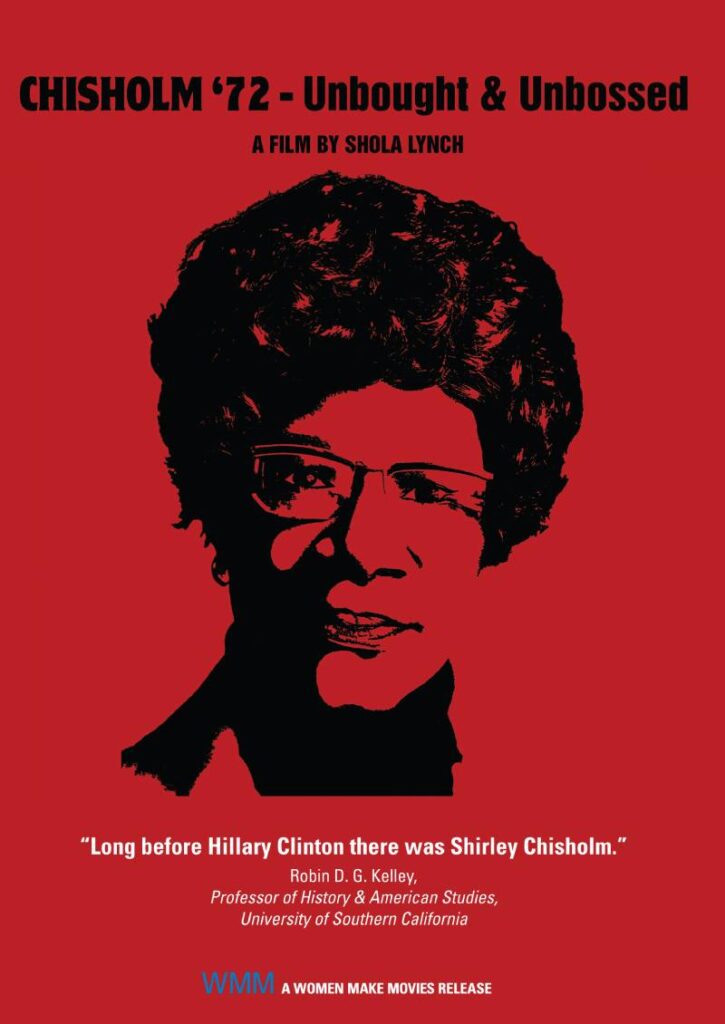
In observation of Juneteenth, Meaningful Movies Offered by the Episcopal Church in Western Washington and the Black/African-American Ethnic Ministries Circle of Color presented an online screening of Chisholm ’72 – Unbought and Unbossed, followed by a panel/community conversation featuring Bishop Edward Donalson III, DMin. and Ret. Senator Rosa Franklin. More than 250 people registered, donating over $400 to benefit the Richard Younge Curacy Fund.
Recalling a watershed event in US politics, this compelling documentary takes an in-depth look at the 1972 presidential campaign of Shirley Chisholm, the first black woman elected to Congress and the first to seek nomination for the highest office in the land.
A film by Shola Lynch
Running time: 77 minutes
Watch Chisholm ’72 – Unbought & Unbossed for free on kanopy
with your public library card or university login!
Learn More – Watch our panel discussion below and explore additional resources:
Chisholm ’72 – Unbought & Unbossed Discussion Guide – Chisholm ’72 – Unbought & Unbossed is an excellent tool for discussion because it covers complex terrain, challenging viewers to stretch beyond simplistic interpretations. The film will be of special interest to people interested in exploring or working on the issues below:
Civics / Civic Engagement, Civil Rights, Class (Socioeconomic), Democratic Party, Elections, Feminism / Women’s Rights, Gender, Politics / Political Strategy and Process, Race and Racism, U.S. History.
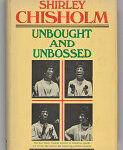
Shirley Chisholm. Unbought and Unbossed (Houghton Mifflin, 1970)
Chisholm’s political vision as a member of Congress.

Susan Brownmiller. In Our Time: Memoir of a Revolution (Delta, 2000)
A narrative account of the rise of feminism in the Sixties and Seventies by one of the journalists featured in the film.
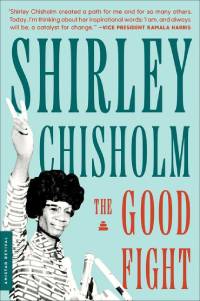
Shirley Chisholm. The Good Fight (Harper Collins, 1975)
Chisholm’s autobiography, including her goals for and reflections on her presidential bid.

Paula Giddings. When and Where I Enter : The Impact of Black Women on Race and Sex in America (orig. 1984, reprint Amistad, 2001.)
Acclaimed by writers Toni Morrison and Maya Angelou, Paula Giddings’s When and Where I Enter is not only an eloquent testament to the unsung contributions of individual women to our nation, but to the collective activism which elevated the race and women’s movements that define our times. From Ida B. Wells to the first black Presidential candidate, Shirley Chisholm; from the anti-lynching movement to the struggle for suffrage and equal protection under the law; Giddings tells the stories of black women who transcended the dual discrimination of race and gender—and whose legacy inspires our own generation. Forty years after the passing of the Voting Rights Act, when phrases like “affirmative action” and “wrongful imprisonment” are rallying cries, Giddings words resonate now more than ever.
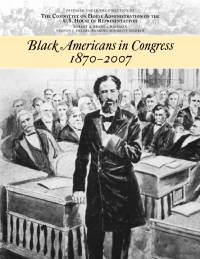
Bruce Ragsdale and Joel Treese. Black Americans in Congress, 1870-1989 (Diane Publishing, 1990) –
Includes profiles of Chisholm and other members of Congress featured in the film.
Action/Advocacy/Donate:
- Congressional Black Caucus: Since its establishment in 1971, the Congressional Black Caucus (CBC) has been committed to using the full Constitutional power, statutory authority, and financial resources of the federal government to ensure that African Americans and other marginalized communities in the United States have the opportunity to achieve the American Dream. The Caucus is Chaired by Congresswoman Joyce Beatty. As part of this commitment, the CBC has fought for the past 48 years to empower these citizens and address their legislative concerns by pursuing a policy agenda that includes but is not limited to the following: reforming the criminal justice system and eliminating barriers to reentry; combating voter suppression; expanding access to world-class education from pre-k through post-secondary level; expanding access to quality, affordable health care and eliminating racial health disparities; expanding access to 21st century technologies, including broadband; strengthening protections for workers and expanding access to full, fairly-compensated employment; expanding access to capital, contracts, and counseling for minority-owned businesses; and promoting U.S. foreign policy initiatives in Africa and other countries that are consistent with the fundamental right of human dignity.
- National Organization for Women: Shirley Chisholm was an early member of the National Organization for Women. As the grassroots arm of the women’s movement, the National Organization for Women is dedicated to its multi-issue and multi-strategy approach to women’s rights, and is the largest organization of feminist grassroots activists in the United States. NOW has hundreds of chapters and hundreds of thousands of members and activists in all 50 states and the District of Columbia. Since our founding in 1966, NOW’s purpose is to take action through intersectional grassroots activism to promote feminist ideals, lead societal change, eliminate discrimination, and achieve and protect the equal rights of all women and girls in all aspects of social, political, and economic life.
Watch Our Panel Discussion:
More About Our Panel:

